
A recent Berkeley Lab study analyzes shrinking snowpack patterns historically and into the future, and the implications of a low-to-no-snow future for western water management.
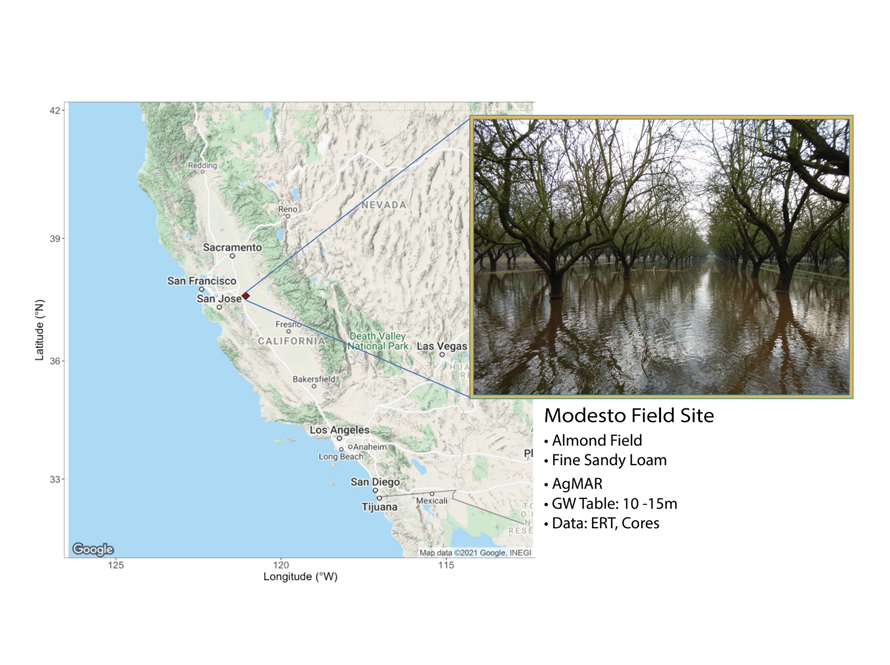
As water insecurity intensifies, recent research shows the potential of Agricultural Managed Aquifer Recharge to protect future water resources in arid regions like the American Southwest.
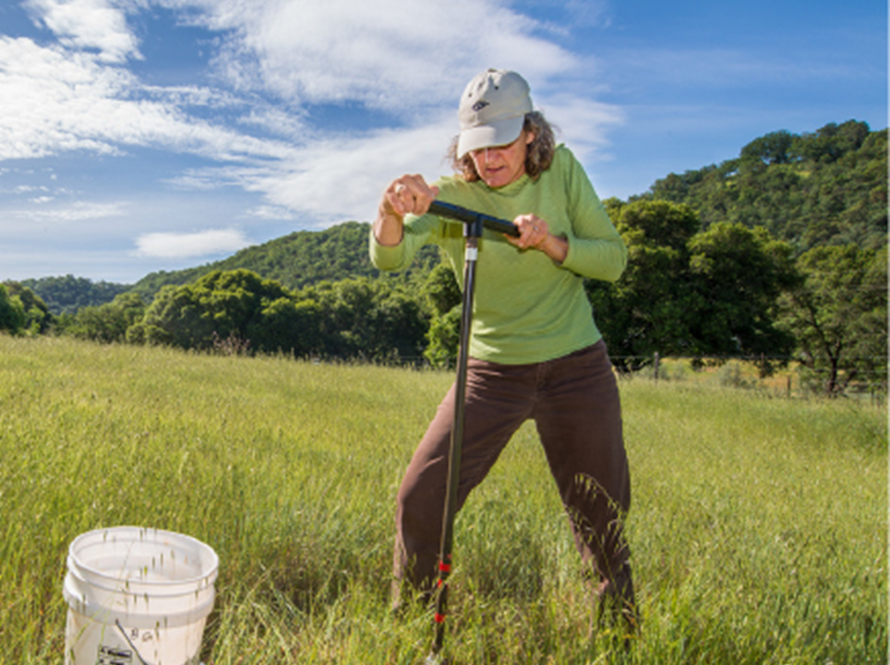
Experts at Berkeley Lab’s Earth and Environmental Sciences Area are leading the way on investigating engineered and nature-based solutions to achieve a carbon negative future.
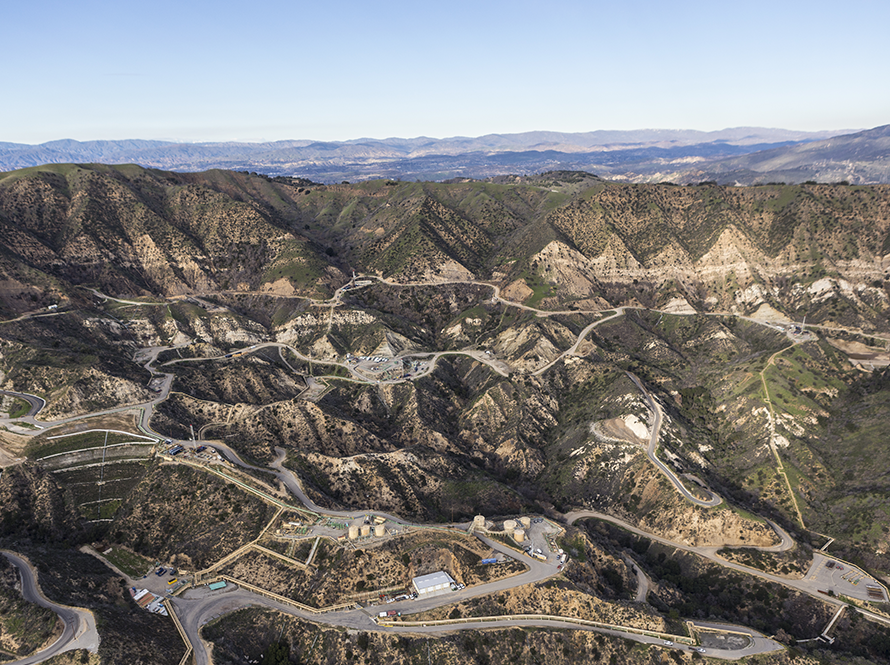
EESA scientists applied modeling expertise to helping remediate the massive methane leak at the Canyon storage facility and increased the safety of natural gas storage practices.
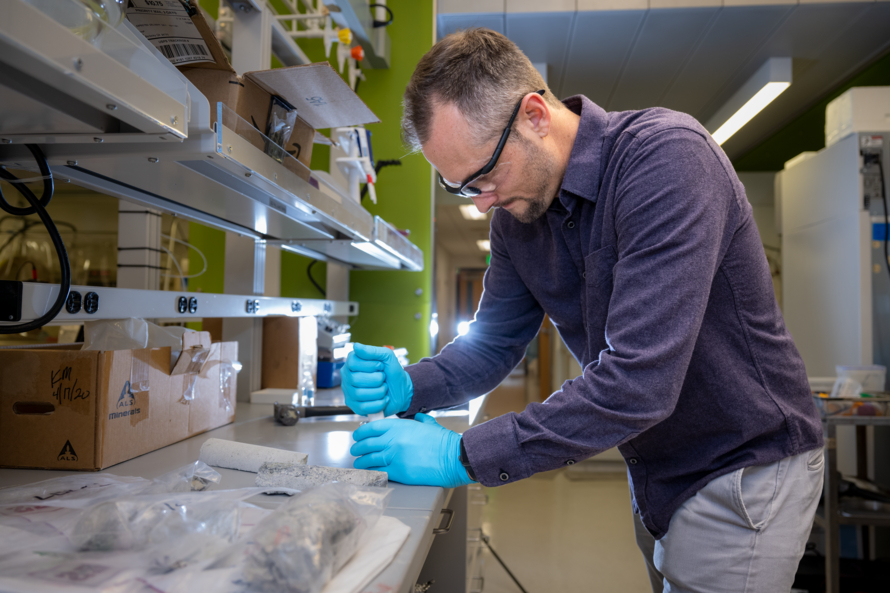
LiRRIC at Lawrence Berkeley National Laboratory
is pioneering the resource-to-recharge frontier through fundamental science breakthroughs, technology innovation, and development of the lithium workforce.
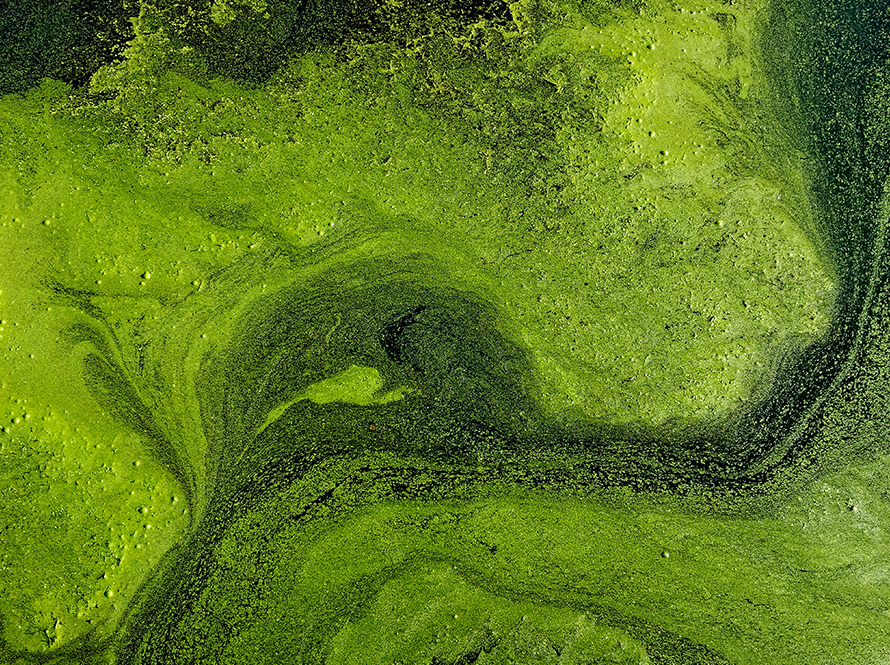
EESA research addresses the major deficit of scientific knowledge that exists about how terrestrial, oceanic, and climatic conditions interact to drive HAB
outbreaks in water ecosystems.

This EESA-led project aims to identify methane super-emitters to inform mitigation efforts.

EESA is home to interdisciplinary research exploring wildfire and how it impacts water and ecosystems.
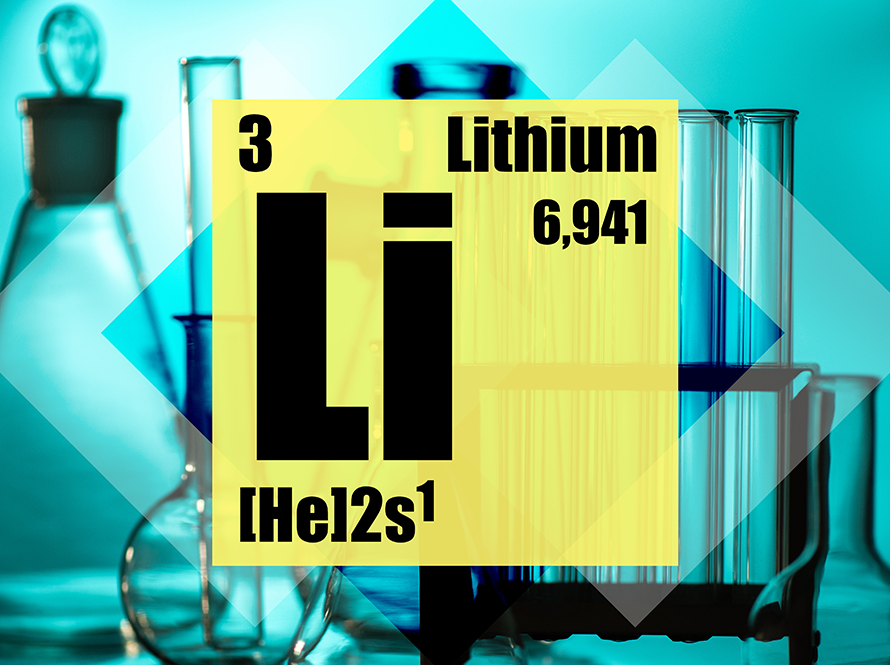
We hope to identify lithium extraction technologies that lead to the greatest environmental and economic benefits.

